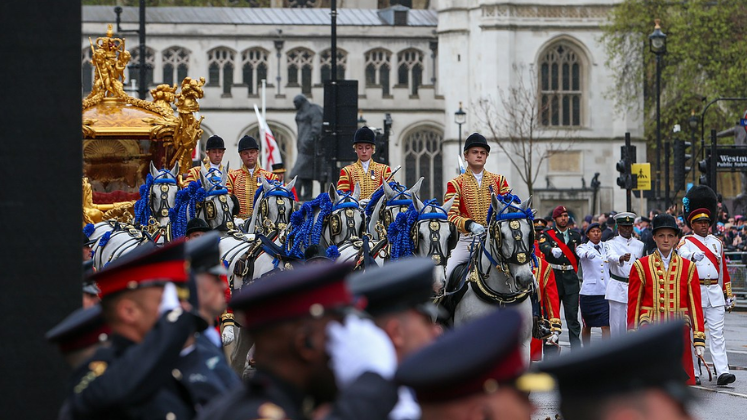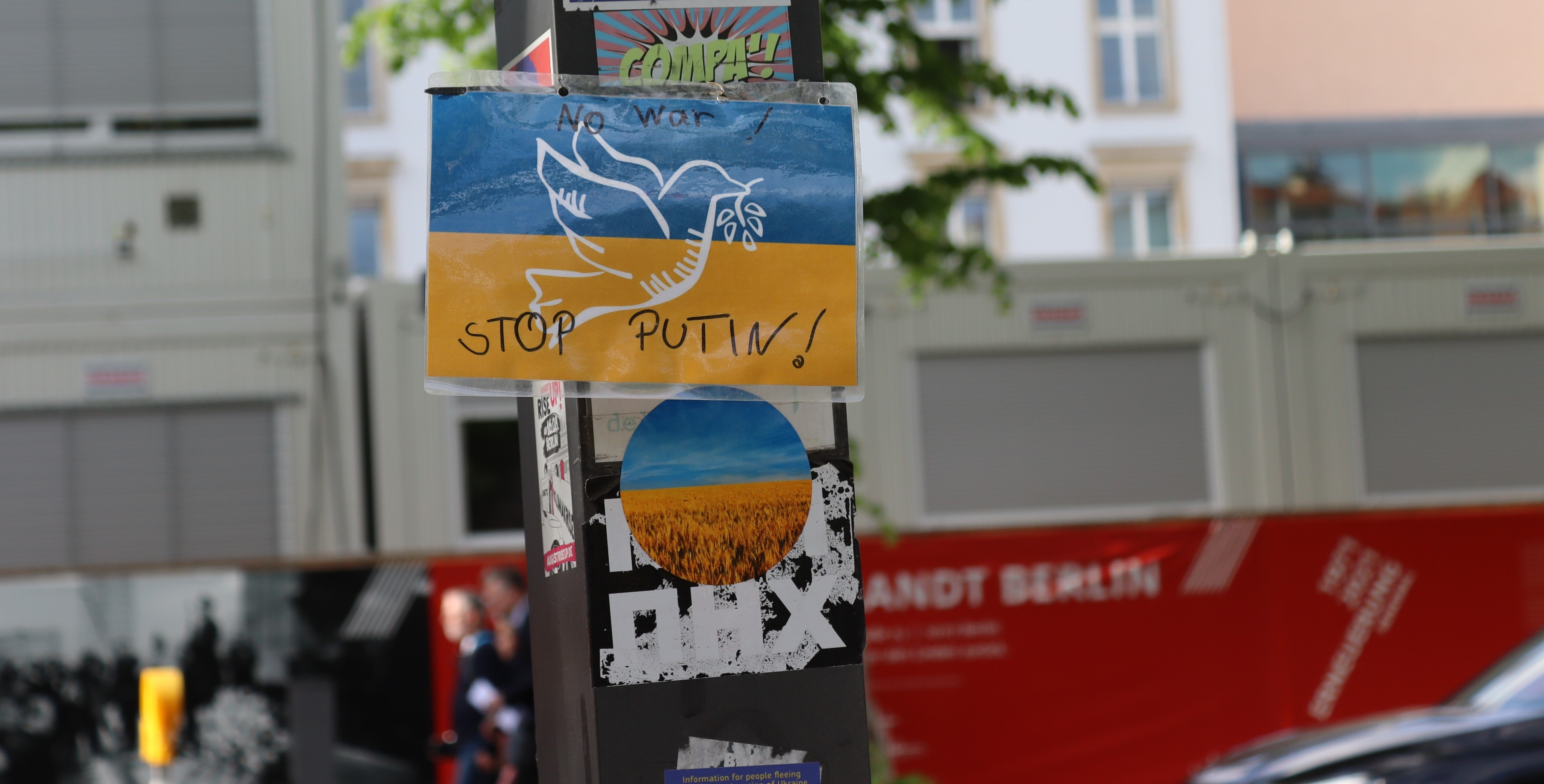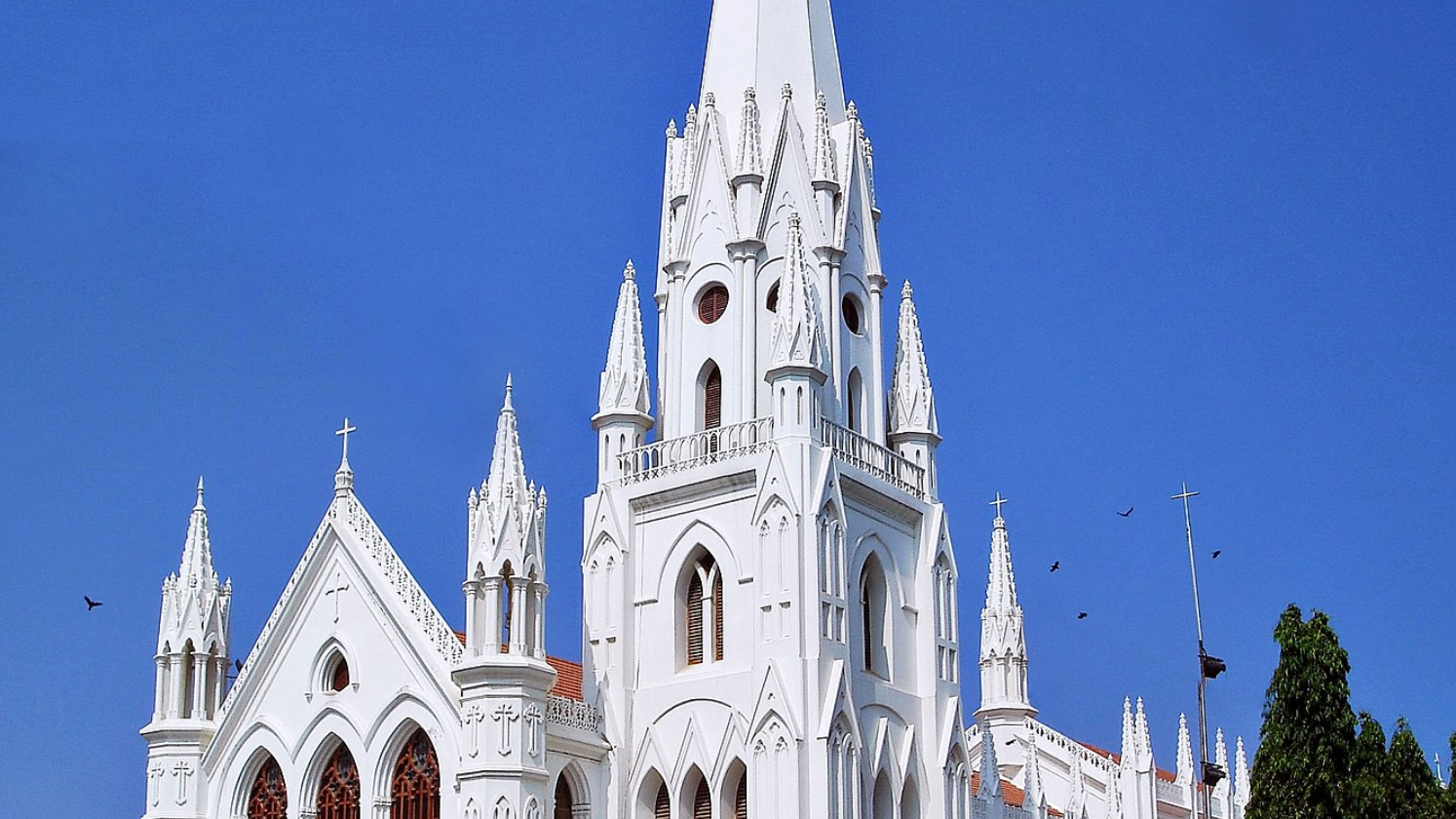Was the Coronation multifaith and should it have been? James Walters, Director of LSE Religion and Global Society, reflects on King Charles III’s Coronation service.

For decades the word on the street was that the coronation of King Charles would be a multifaith affair. The prince who told Jonathan Dimbleby in 1994 that he wanted to be Defender of Faith rather than Defender of the Faith was understood as wanting to spurn the pageantry of Christendom seen in 1953 and begin his reign with a service celebrating Britain’s modern religious diversity.
This is certainly how the service was spun by some news outlets, particularly overseas. “Prince (sic) Charles to have a multi-faith coronation,” announced Fortune Magazine after the publication of the Coronation Liturgy just a week before the event. “Jews, Muslims, Sikhs Get Major Coronation Roles as King Charles Makes Diversity Push” was the headline in Time Magazine. It was an obvious take, particularly following the recent publication of the 2021 Census showing that non-Christian religions now make up over 10 percent of the population of England and Wales for the first time.
But what we saw in Westminster Abbey was hardly the multicultural jamboree many seemed to anticipate. The placing of the crown of St Edward on the head of the Church of England’s new supreme governor by the Archbishop of Canterbury took place in the context of a traditional celebration of Holy Communion. The hymns and prayers were exclusively Christian and the anointing at the heart of the ceremony reaffirmed the British monarch as the last anointed Christian sovereign in the world. It is significant that in the liturgy itself, other faiths were represented, not by religious leaders, but by members of the House of Lords. The leaders of different faiths bookended the service with their processions and their (somewhat drowned out) greetings to the King. But to all intents and purposes, this was a Christian service at which other religions were, for the most part, visible and welcome spectators.
So what happened? Where was the spiritual smorgasbord many envisaged? Earlier in April, The Daily Mail ran the unconvincing story that Buckingham Palace had been at loggerheads with Lambeth Palace as the Church of England defended its privileged role to the exclusion of other groups. This was flatly denied. All evidence suggests the Church hierarchy has taken with utmost seriousness the role now enshrined in the new preface to the Coronation oath to foster an environment in which people of all faiths and beliefs may live freely.”
The truth is that the kind of interreligious event some imagined was always a naïve and somewhat dated confection. The official commentary on the Procession of Faith Leaders noted how “this represents the multi-faith nature of our society and the importance of inclusion of other faiths whilst respecting the integrities of the different traditions”. This attention to diverse religious integrities is something interfaith enthusiasts often overlook and ill-informed secularists fail to understand. While well intentioned, multifaith liturgies have usually been enacted by liberal-minded adherents of different faiths conforming to more or less Christian assumptions and cultural norms.
If non-Christian faiths were kept at an arm’s length in the coronation service, it was not because religious pluralism was ignored; it was because we are finally starting to take it seriously. Other faiths are not exotic variations on the Christian model. They have their own worldviews, their own ideas of the sacred, and their own theologies of governance and monarchy, which should not be appropriated and shoehorned into an ancient ceremony as a tokenistic form of inclusion.
With a Hindu Prime Minister reading the lesson and a Muslim Mayor of London in attendance, religious minorities in the UK are coming of age. This much was made clear in Colin Bloom’s long-awaited report into how the government engages with faith, published last month. After confidently proclaiming, “The idea that faith is dying is a myth” (1.2), Does government do God? covers the bewildering range of questions our multifaith society needs to address from Religious Education to forced marriage. But most refreshing is the almost brutal honesty it brings to matters that are too often sentimentalised or sanitised. How are different religious interests represented in UK public life (one of the most vexing problems faced by the planners of the Coronation)? What are we to do about the politicised forms of religion that are on the rise across the world and manifest in British communities? The riots in Leicester last summer, prompted by interreligious tensions on the Indian subcontinent, may be a warning of dangers to come.
An interfaith coronation liturgy would have reflected an outdated approach to these questions: participation on the basis of conformity to post-Christian and secular norms which we assumed all faiths shared without really attending to their depth and diversity. The reign of King Charles as an era of flourishing religious pluralism will not be measured by how he was crowned, but how well we continue to take religious communities seriously on their own terms, listen to the problems they are facing, learn about their cultures and worldviews, and effectively respond to the global tensions that arise between them. With his strong interfaith friendships and knowledge of different traditions, King Charles shows every intention of taking the lead.





